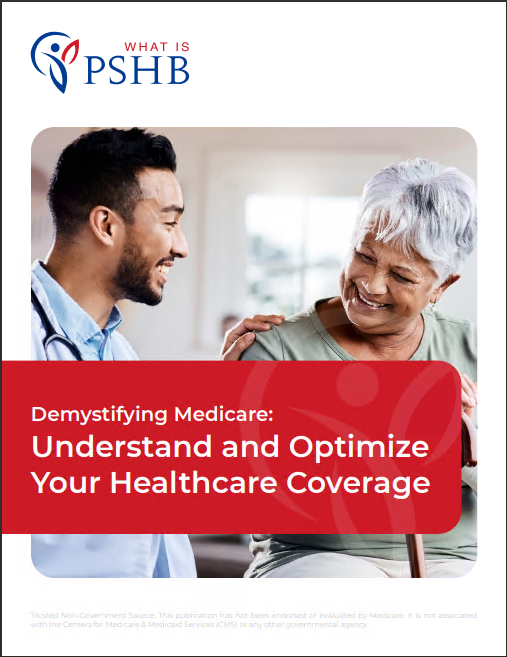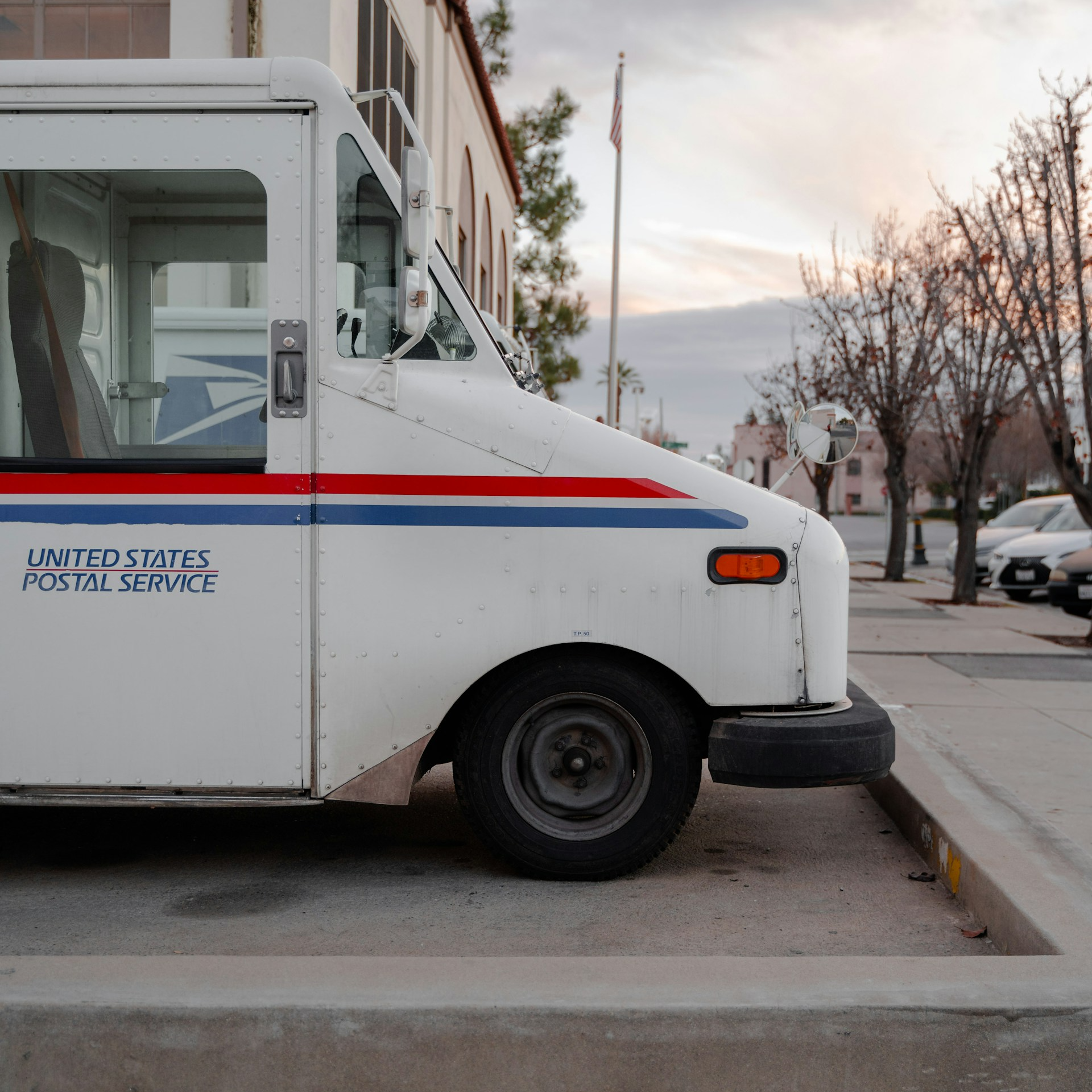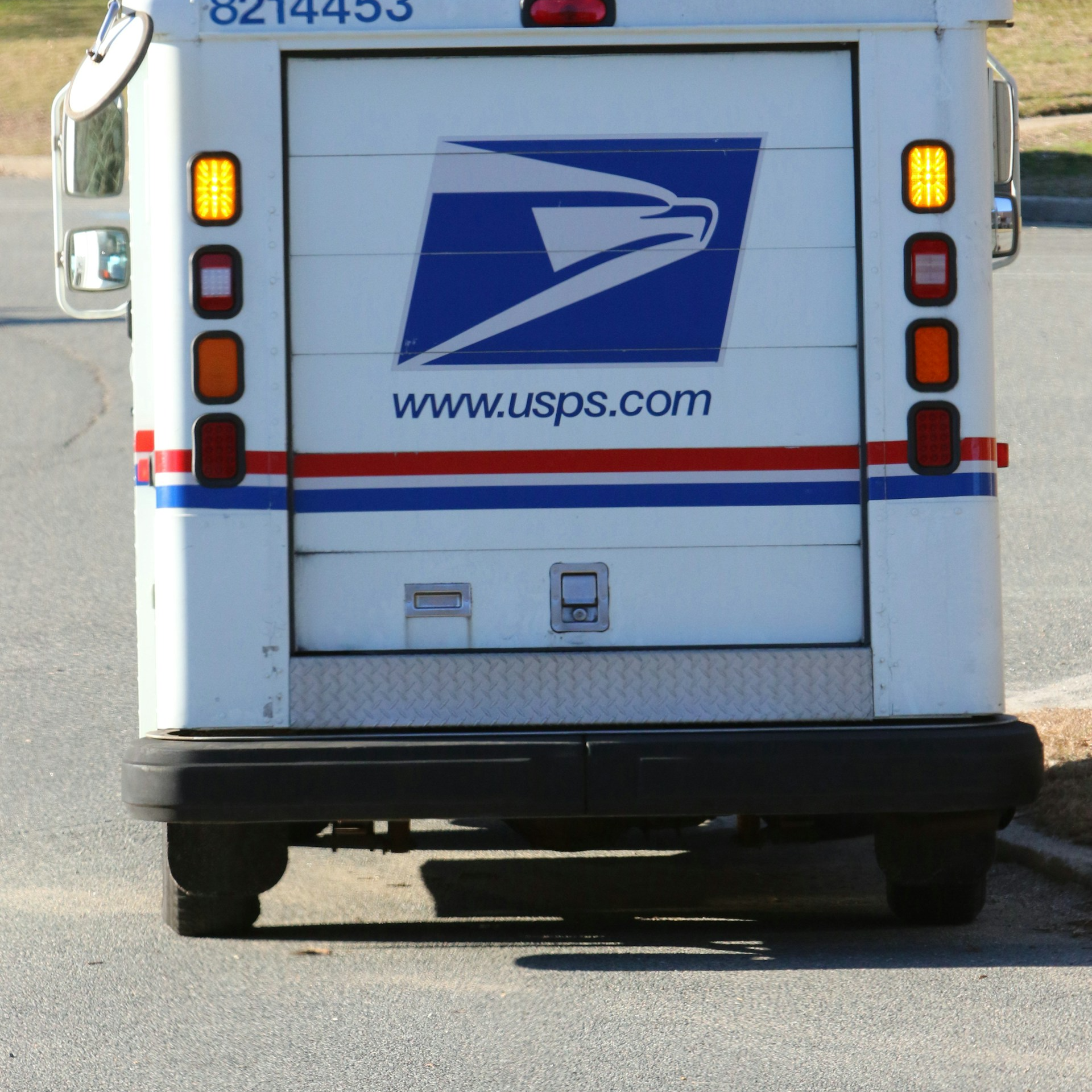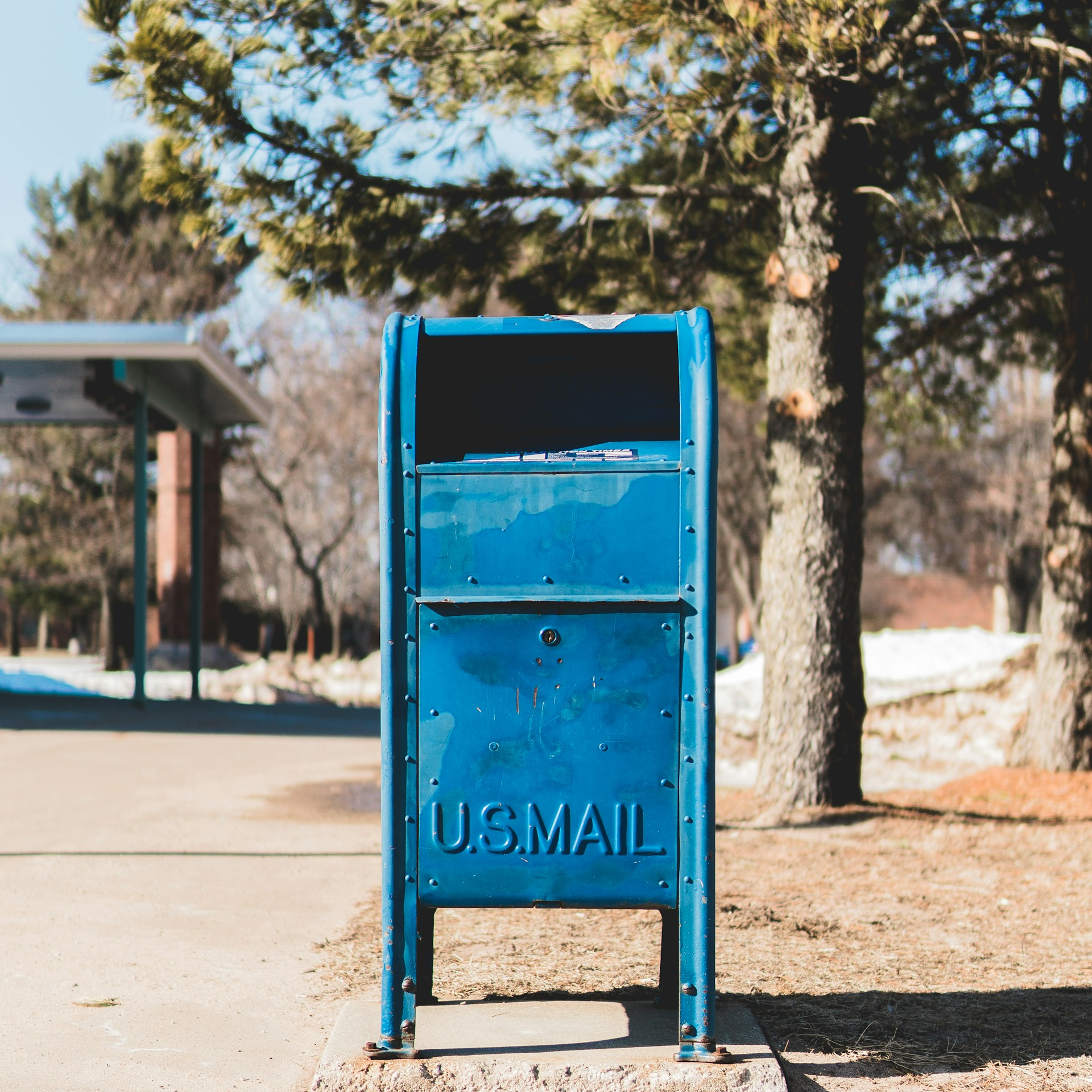Key Takeaways
-
You don’t need to wait until the last minute of the Open Season window to choose your Postal Service Health Benefits (PSHB) plan. Preparing early can save time, reduce stress, and help you make better decisions.
-
In 2025, the new PSHB system introduces different rules and integration with Medicare, so understanding your options well in advance is more important than ever.
The Shift to PSHB: What You Need to Know
The PSHB Program officially replaced the Federal Employees Health Benefits (FEHB) Program for USPS employees and retirees starting January 1, 2025. This change has significant implications for how you select and manage your health coverage. While Open Season for choosing your PSHB plan typically runs from November to December each year, waiting until the final weeks of this period can lead to missed opportunities and rushed decisions.
This is especially important now that PSHB plans are tied more closely with Medicare. For eligible annuitants and family members, enrolling in Medicare Part B is often required to maintain full PSHB coverage. Knowing the requirements, exceptions, and timelines in advance can help you avoid disruptions in care or unexpected out-of-pocket costs.
The Open Season Timeline—and Why It’s Not the Only One That Matters
For 2025, Open Season ran from November 11 through December 9, 2024. Future Open Seasons will likely follow a similar November–December schedule. During this window, you can:
-
Enroll in a PSHB plan if you’re newly eligible
-
Change from one PSHB plan to another
-
Add or remove eligible family members
However, if you only start researching your options during Open Season, you’re already late. Plan brochures, cost details, and benefit comparisons are typically available several weeks before Open Season officially begins. Reviewing these materials early gives you a better understanding of:
-
Monthly premium contributions
-
Deductibles and out-of-pocket maximums
-
Medicare integration features
-
Pharmacy benefits and provider networks
Why Early Preparation Makes a Difference
When you delay your decision, you put yourself under time pressure. Here are a few reasons why getting ahead can make all the difference:
1. You Get More Time to Understand Plan Details
PSHB plans vary in terms of costs, provider networks, deductibles, and Medicare coordination. Early preparation allows you to:
-
Compare multiple plan options without feeling rushed
-
Read plan brochures and identify changes from the previous year
-
Look into how your plan coordinates with Medicare Part B, especially if you’re newly eligible or close to age 65
2. You Can Clarify Medicare Part B Requirements
One of the biggest changes with PSHB is that Medicare Part B enrollment is mandatory for certain annuitants and family members. However, there are exceptions. You’re exempt if:
-
You retired on or before January 1, 2025 and aren’t already enrolled in Medicare Part B
-
You’re an active USPS employee aged 64 or older as of January 1, 2025
-
You live overseas
-
You receive health benefits through VA or Indian Health Services
Knowing your status in advance lets you plan ahead for any potential enrollment or waiver steps.
3. You Can Avoid Common Enrollment Mistakes
Waiting until December increases the risk of errors, such as:
-
Choosing a plan that doesn’t include your preferred providers
-
Missing a required Medicare enrollment step
-
Overlooking new plan updates or changes
Fixing these mistakes can take time—and could lead to delays or gaps in coverage.
Medicare Coordination Adds New Layers of Complexity
If you’re Medicare-eligible, understanding how PSHB and Medicare work together is crucial. Many PSHB plans offer enhanced benefits when you’re enrolled in both PSHB and Medicare Part B. These may include:
-
Waived deductibles
-
Reduced copayments or coinsurance
-
Lower prescription drug costs under the integrated Part D plan
But not all plans handle Medicare the same way. Starting early gives you time to review:
-
Whether your plan offers a Medicare Advantage option
-
What happens if you opt out of Medicare Part D integration
-
Whether your prescription drugs will still be covered if you skip Part B or Part D
Prescription Drug Coverage Is Tied to Medicare
For Medicare-eligible annuitants, PSHB plans in 2025 automatically include drug coverage through a Medicare Part D Employer Group Waiver Plan (EGWP). This comes with its own set of rules:
-
You get an annual $2,000 out-of-pocket cap on prescription drugs
-
Insulin is capped at $35 per month
-
You can spread your drug payments over the year with the new Medicare Prescription Payment Plan
If you opt out of the Part D EGWP, your PSHB drug benefits will be severely limited or unavailable. You also won’t be able to rejoin the EGWP later unless you qualify for a Special Enrollment Period.
Understanding this in September or October—not in the second week of December—makes it easier to coordinate everything properly.
Special Enrollment Periods (SEPs) Aren’t Always a Backup Plan
If you miss Open Season or fail to enroll properly, you may have to wait until the next Open Season unless you experience a Qualifying Life Event (QLE). SEPs are only triggered by specific events, such as:
-
Moving outside your plan’s service area
-
Losing other qualifying health coverage
-
Certain changes in household composition (e.g., marriage, birth, or adoption)
You can’t rely on these events happening to make plan changes after Open Season. That’s why early action is essential.
Reviewing FEDVIP and Other Benefits Separately
FEDVIP (Federal Employees Dental and Vision Insurance Program) coverage isn’t part of the PSHB plan selection, but many people review it at the same time. Just like with PSHB, early planning allows you to:
-
Compare dental and vision plans
-
Understand premium shares and coverage details
-
Avoid missing enrollment deadlines
If you’re a retiree, remember that eligibility rules for FEDVIP are different from PSHB. Former spouses, for example, are not eligible for FEDVIP coverage even if they were previously covered under your family plan.
Coordination with Other Federal Benefits
The shift to PSHB doesn’t affect every federal benefit. You can still participate in programs such as:
-
FEGLI (Federal Employees’ Group Life Insurance)
-
FLTCIP (Federal Long-Term Care Insurance Program)
-
FSAFEDS (Flexible Spending Accounts for active employees)
These benefits follow their own rules and timelines. Early preparation helps you coordinate all your benefits efficiently.
Your PSHB Plan Impacts More Than Just Health Coverage
Choosing a PSHB plan influences your total financial and retirement planning strategy. The wrong plan could mean:
-
Higher out-of-pocket expenses
-
Limited access to your preferred doctors or specialists
-
Trouble coordinating care with Medicare
Starting the process early gives you a clearer view of your costs and options across all aspects of your benefits.
Don’t Let December Rush Your Decision
Every year, many USPS employees and retirees scramble to review their PSHB options in late November or early December. But doing your research ahead of time can help you:
-
Make confident, well-informed choices
-
Avoid technical issues with online enrollment
-
Speak with a benefits advisor or licensed agent without long wait times
Don’t wait until the final weeks of Open Season. Use the early fall months—September and October—to learn everything you can, especially if this is your first year navigating PSHB.
Plan Early, Choose Wisely
Selecting your PSHB plan should never be a last-minute task. As the 2025 program changes become permanent, your decision carries more weight than ever. Take control of your health and financial well-being by giving yourself the time you need.
If you’re feeling overwhelmed or unsure, reach out to a licensed agent listed on this website who can walk you through your PSHB and Medicare coordination options.











